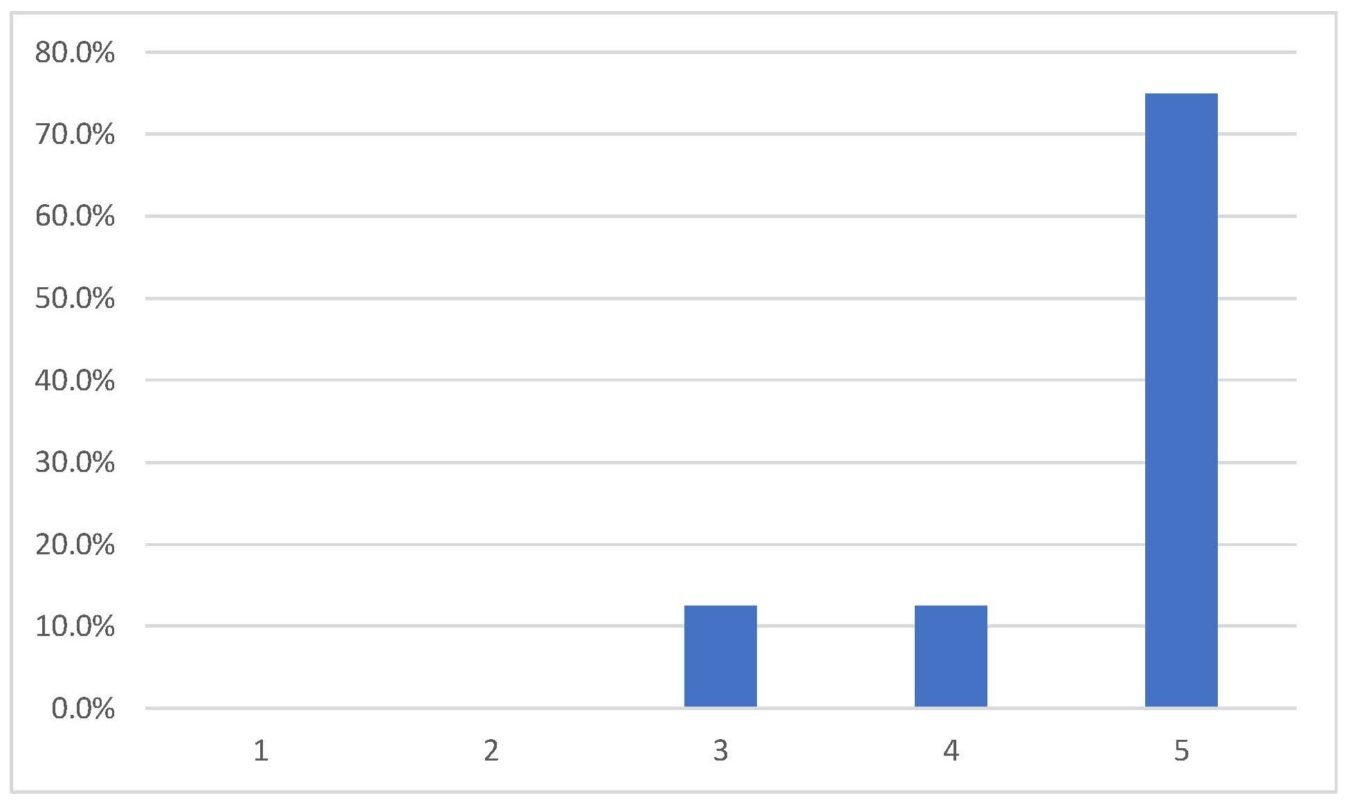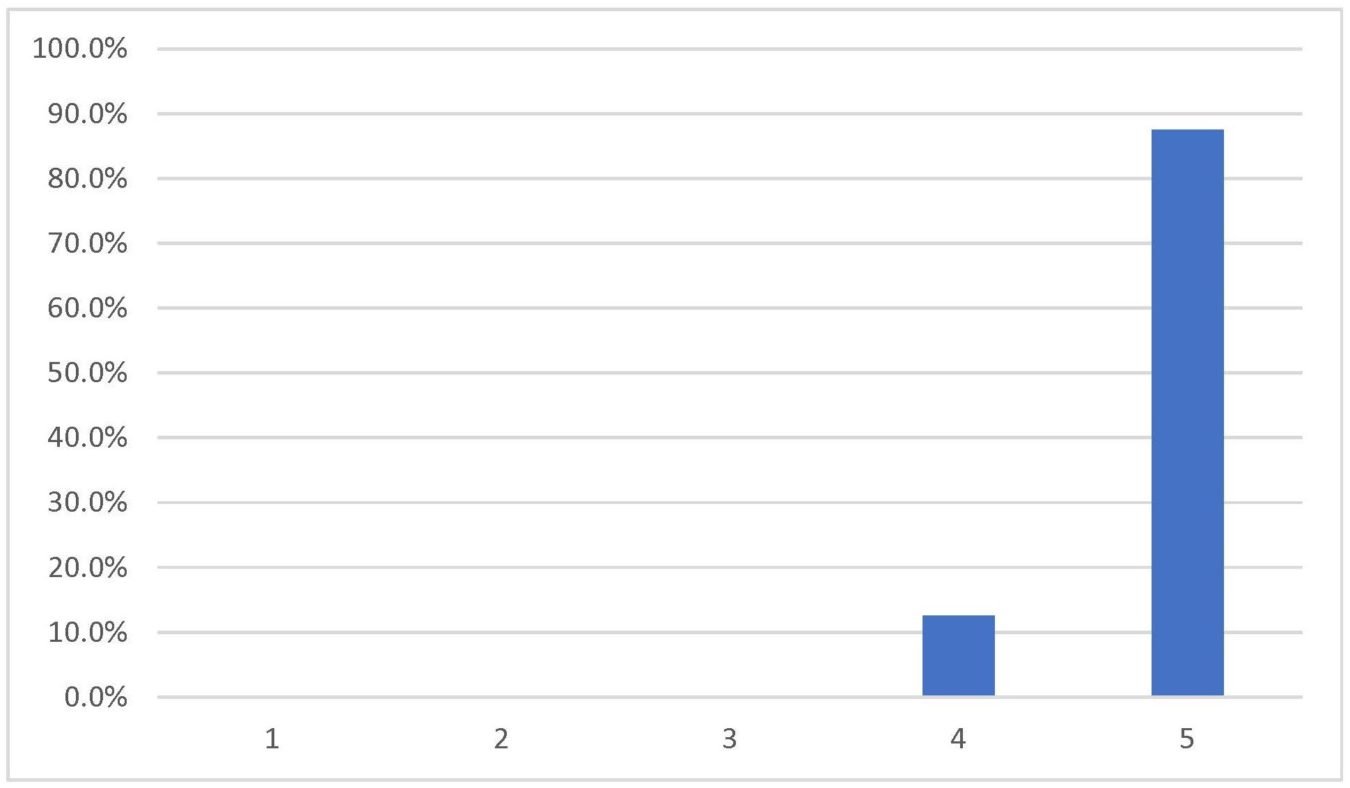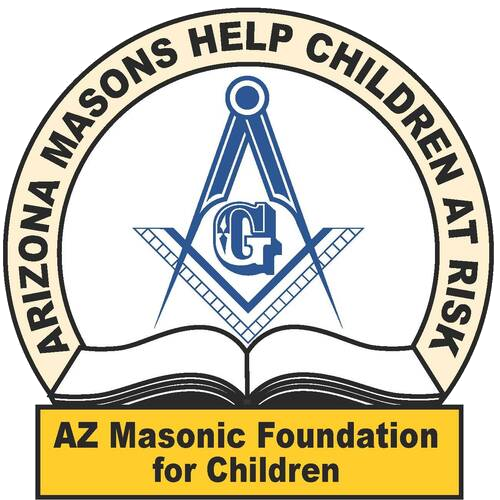About The Program
Testimonials Speak to the Effeciveness...
What is the Masonic Model Student Assistance Program (MSAP)?
* A Highly Professional, Intensive Three-day Training Workshop, For Arizona Educators” To Learn To, Or Improve Their Ability To:
* Identify, Intervene With, and Create Appropriate Intervention Plans for Students That May Be at Risk.
* This Workshop Trains a Core Team of Four to Eight Educators From a School Building in How to Intervene Early and Effectively With Students That Display Patterns of Behaviors That Threaten Their Success at School and in Life.
MSAP Involves Practical Practice Sessions Designed to Simulate Real Events Along With Presentations on Such Subjects As:
Chemical Dependency, Depression and Suicide, Conflict, Anger and Violence, Communication Skills and Intervention, Family Dynamics, Enabling, Life Skills Development, Treatment and Aftercare, and Group Process.
Participants Leave the Training With a Specific Plan for Behavioral Interventions, and a System for Implementing MSAP in Their Schools, and or Incorporate Worthwhile MSAP Concept/Practices Into Their Current Program.
When Participating Educators Were Asked, A Recent Class Survey found:

Nearly 90% of trained educators believed that the value of MSAP to schools in general was of a 4-star value or above.
100% of trained educators perceived the value of MSAP to their school or district was of a 4-star value or above.

Some History of MSAP and Measures of Success
In 2010, Arizona Masonic Foundation for Children conducted a survey from participating educators from Arizona schools, their findings:
- Of the 90.9% of students accepted into the school’s MSAP programs, 47.69% had completed the program at that time.
- Of the closed intervention programs, 88.7% of the children were showing a positive change.
- Reasons for the referrals (sometimes multiple) fell into these categories:
- 49.2% – Academic
- 45% – Behavioral
- 9% – Attendance
- 5% – Health
- 16% – Multiple Reasons
In November of 2003, Dr Carl Fertman of the University of Pittsburg, in cooperation with the U.S. Department of Health and Human Services published the results of research on the effectivness of SAP teams in Pennsylvania schools (Pennsylvania was the first state to adopt the MSAP training in 1984). The conclusion is that SAP works. “We can emphatically report that Student Assistance Progams positively contributes to student academic success and achievement. Student Assistance Programs greatly enhance the relationship between youth and behavioral health care providers. Student Assistance Programs help to create healthy youth and a healthy future America.”
Of the at-risk children referred affected by MSAP trained teachers:
- 66% either stabilized or improved their attendance
- 60% had no additional suspensions
- 20% had only one more suspension
- 65% were promoted or graduated high school
To read the complete research summary Click here.
In 2002, Illinois performed a similar study of the student assistance program. Some of the findings include:
- Of the 3,500 trained educators involved, 25,000 at-risk children were affected, that’s a multiplier of 7 children for every trained educator!
- 71% of the referred children had an Action Plan developed by the trained educators
- 29% were referred to a Community Agency
- 68% showed improvement in the area for which they were originally referred
